On the basis of inheriting and supplementing the necessary contents drawn from the summary of the implementation of the Ordinance, the Law on Entry, exit, transit, and residence of foreigners in Vietnam was approved by the 13th National Assembly of Socialist Republic of Vietnam at its 7th session on June 16, 2014, effective from January 01, 2015. This Law consists of 9 chapters, 55 articles, dealing with the rules, conditions, procedures , rights and obligations of foreigners who enter, leave, and reside in Vietnam; rights and obligations of Vietnamese authorities and other entities to foreigners’ entry, exit, and residence in Vietnam. The provisions of the Law "tighten" the entry, exit, transit, and residence of foreigners in Vietnam while still ensuring compliance with relevant Vietnamese laws or international treaty to which Vietnam is a member, with some new contents as follows.
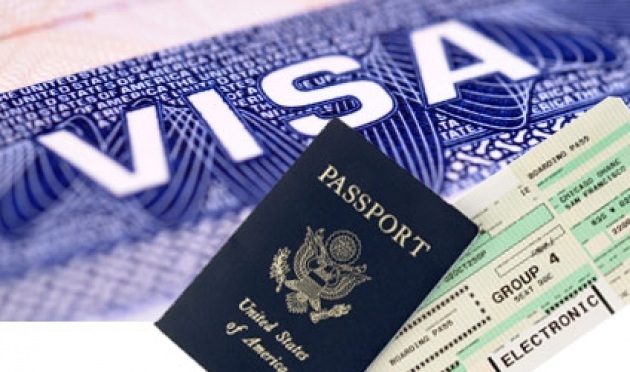
1. Regulation on principles of entry, exit, transit, and residence
The Law on Entry, exit, transit, and residence of foreigners in Vietnam specifies that any foreigner who has multiple passports may use only one passport for his/her entry, exit, transit, and residence in Vietnam (Clause 4 Article 4), in order to avoid complications in foreign relations, criminal, civil, and at the same time ensuring accurate state statistics.
2. Regulation on prohibited acts
The Law supplements prohibited acts (Article 5), including: (1) Obstructing foreigners and relevant entities from exercising their rights or discharging their duties in accordance with regulations of law on entry, exit, transit, and residence of foreigners in Vietnam. (2) Establishing procedures or requiring documents against this Law and relevant regulations of law; harass foreigners when they are following for entry, exit, transit, or residence in Vietnam. (3) Illegal entry, exit, or residence in Vietnam; using fake documents to enter, leave, transit through, or reside in Vietnam. (4) Providing false information or documents in order to obtain permission for entry, exit, transit, or residence in Vietnam. (5) Taking advantage of entry, exit, transit, or residence in Vietnam to act against Socialist Republic of Vietnam, infringe upon the lawful rights and interests of other entities. (6) Buying, selling, leasing, lending, borrowing, falsifying entry/exit/residence permits in order for foreigners to enter, leave, transit through, or reside in Vietnam.
3. Regulations on visa
- The Law specifies that the purpose of a visa must not be changed (Clause 1 Article 7), while the Ordinance stipulates that foreigners, after entering the country, if they need to, will be considered for changing the purpose of entry. This new regulation aims to ensure management and overcome the situation of foreigners applying to Vietnam in the name of sightseeing or tourism, then applying to convert to other purposes, especially applying for a change of job status, including many workers working in projects awarded by China (this is a complicated issue that ministries, branches and localities are having to coordinate to resolve).
- The Law specifies visa symbols and visa duration appropriate to the purpose of entry (Article 8, Article 9) to ensure that foreigners enter and operate for the right purpose, help with strict management, and prevent cases of activities contrary to the purpose of applying for entry.
- The Law specifies that the duration of a visa issued to people who come to work is not longer than 02 years (Clause 5 Article 9) and the duration of a visa issued to foreign investors in Vietnam and foreign lawyers practicing in Vietnam is not longer than 05 years to ensure uniformity in the legal system (The Ordinance stipulates that Vietnamese visas are valid for no more than 12 months, while the Investment Law 2005 stipulates that the maximum duration of visas issued to foreigners investors is 05 years).
- The Law supplements the provision that any foreigner who comes to work in Vietnam must have work permits granted by the competent state labor agency, then the competent agency will issue a visa for entry (Point c Clause 4 Article 10).
- The Law stipulates that the validity period of a decision to unilaterally grant visa-free entry shall not exceed 05 years and may be extended (Clause 2 Article 13) in order to avoid the situation of foreign affairs complications arising from unilateral suspension of visa exemption.
- The Law removes the regulation allowing agencies competent to issue Vietnamese visas abroad to issue visas to cases where no agency, organization or individual in Vietnam invites or guarantees.
4. Regulations on entry
- The Law supplements that any foreigner that enters Vietnam and is unilaterally granted visa-free entry must have a passport that is still valid for at least 06 months, and the entry date must be at least 30 days from the previous exit, except for cases of carrying diplomatic passports or official passports to work with agencies or organizations in Vietnam. This regulation overcomes the loophole where foreigners take advantage of visa exemption to reside long-term in Vietnam. When their residence expires, they often leave the country and then re-enter the country to work and do business.
- The Law supplements cases of suspension from entry (Article 21), including: children under 14 years of age without parents, guardians or authorized custodians; forging papers or providing false information to obtain entry/exit/residence permit; any person suffering from a mental disease or infectious disease that threatens the public health; any person that was deported from Vietnam within the last 03 years; any person that was compelled to leave Vietnam within the last 06 months; for reasons of epidemic prevention; for reasons of natural disasters; for reasons of national defense, national security, social order, and social safety.
5. Regulations on residence and temporary residence
- The Law supplements the responsibility of accommodation establishments to transfer temporary residence declaration information of foreigners to the immigration management agency (Clauses 2, 3 Article 33). This regulation is intended to help authorities fully and promptly grasp temporary residence information of foreigners, and better perform the management of foreigners, especially when Vietnam has signed an Agreement on visa exemption with other countries.
- Conditions for granting temporary residence cards and temporary residence card symbols are specifically regulated (Article 36), the duration of the temporary residence card is specifically regulated and increases the duration of the temporary residence card from no more than 3 years to no more than 5 years, suitable for each purpose of residence (Article 38).
- Permanent residence cards are renewed every 10 years at the card-issuing agency (every 3 years according to the Ordinance 2000), and the authority is assigned to the Ministry of Public Security to simplify administrative procedures.
- The Law supplements regulation on “lodging establishments”, which are places where foreigners temporary reside within Vietnam’s territory, including lodging establishments for tourists, guesthouses, housing areas for foreigners who work, study, or serve their internship in Vietnam, medical facilities, private houses, and other lodging establishments defined by law (Article 32). In fact, in recent times, at some construction projects, foreigners have participated in labor and lived right in the projects. Construction contractors build camps or operating houses for workers, engineers, and managers to gather on the project campus. This regulation ensures comprehensiveness and serves as a basis for regulating the reporting and management responsibilities of organizations and individuals sponsoring foreigners.
6. Regulations on permanent residence
- The Law expands entities for permanent residence consideration to foreigners who are scientists or experts temporarily residing in Vietnam (Clause 2 Article 39) to attract talented people to serve the country's construction and stateless people who have temporarily resided continuously in Vietnam since 2000 backwards (Clause 4 Article 39). The ordinance does not stipulate that this subject is considered for permanent residence. In fact, there are currently a large number of foreigners who have been in Vietnam since before 2000 but do not have documents proving their nationality. This regulation is intended to serve the management work of the authorities and create a premise for these people to apply for Vietnamese citizenship according to the provisions of the Law on Nationality, limiting the situation of stateless people in our country.
- The law stipulates that permanent residence cards are renewed every 10 years at the card-issuing agency instead of the 3-year requirement in the Ordinance and assigns authority to the Ministry of Public Security. This regulation aims to simplify administrative procedures.
7. Regulation on obligations of sponsors
- The law specifically regulates agencies, organizations and individuals that are invited and sponsor foreigners to enter the country; procedures for inviting and sponsoring foreigners to enter the country at competent agencies of the Ministry of Foreign Affairs; procedures for inviting and sponsoring foreigners to enter the country at the immigration management agency of the Ministry of Public Security; visa issuance procedures at Vietnamese visa-issuing authorities abroad; cases are resolved for visa issuance at the international border gate but ensuring information work for unified management by the Ministry of Public Security.
- The Law supplements regulations on the responsibilities of agencies, organizations and individuals inviting and sponsoring foreigners to enter Vietnam (Clause 2 Article 45). The Ordinance only stipulates that agencies, organizations and individuals can invite and sponsor foreigners to enter Vietnam, but does not clearly stipulate their responsibilities. This provision of the Law helps authorities manage foreigners entering Vietnam, when complicated problems arise such as foreigners violating the law, accidents, deaths, etc., the resolution is more convenient.
8. Regulation on implementation
- The Law stipulates that unexpired entry/exit/residence permits issued before the effective date of this Law are still effective until they expire (Article 53).
- The Law on Entry, exit, transit, and residence of foreigners in Vietnam takes effect from January 01, 2015.
Promulgation of the Law on Entry, exit, transit, and residence of foreigners in Vietnam will contribute to perfecting the legal system on immigration according to the administrative reform policy of our Party and State and implementing commitments in international treaties to which Vietnam is a member; consistent with the Constitution, ensuring consistency and synchronization with other regulations of administrative law and other relevant laws; creating a stable legal environment to develop tourism, business, trade and foreign investment in Vietnam, contributing to promoting socio-economic development; prevent, stop, and fight against illegal acts of foreigners in the field of immigration, ensuring national security, social order and safety.
Source: hpn.quangbinh.gov.vn
 Article table of contents
Article table of contents
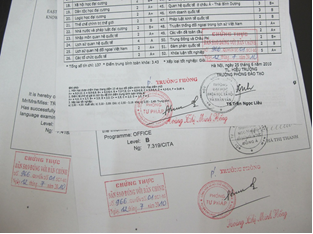
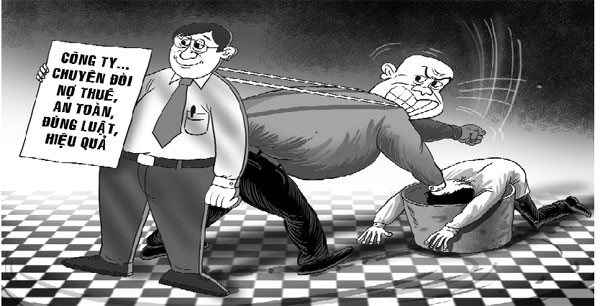
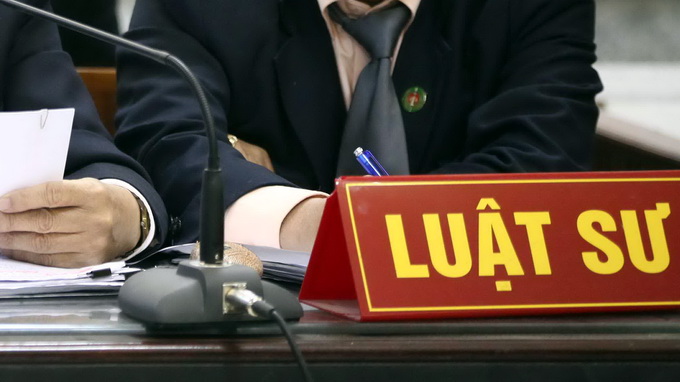
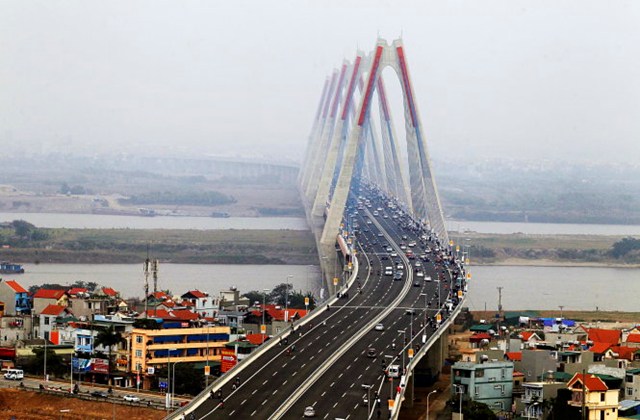
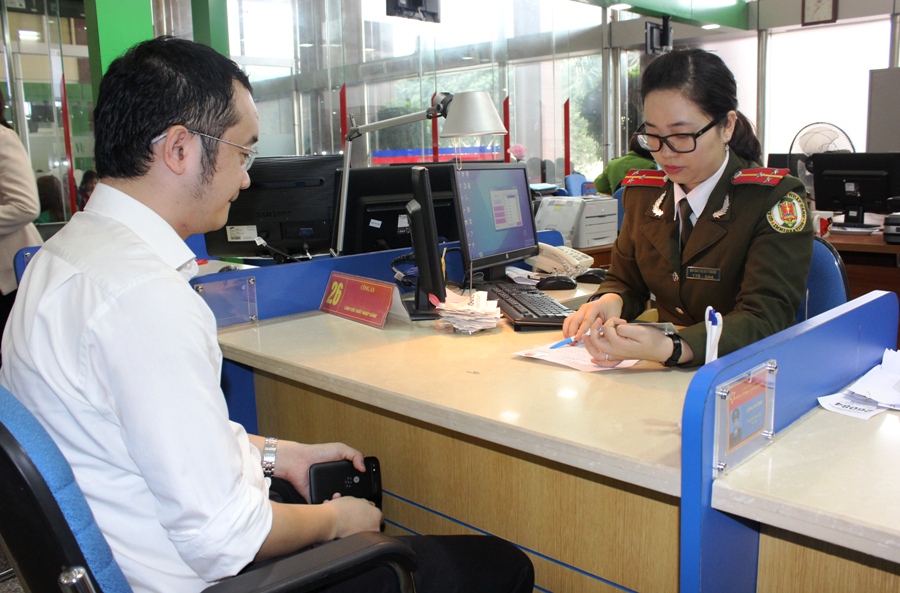
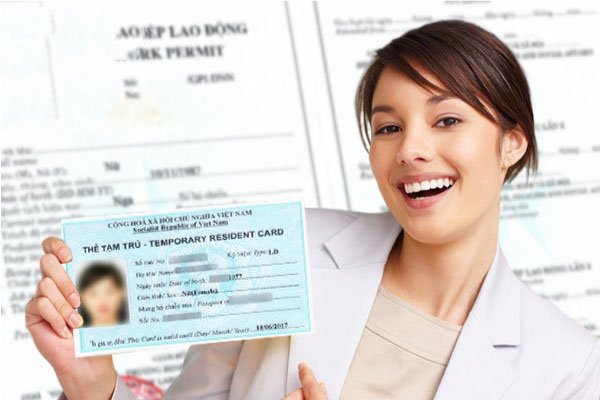

.Medium.png)
.Medium.png)
.Medium.png)
.Medium.png)
